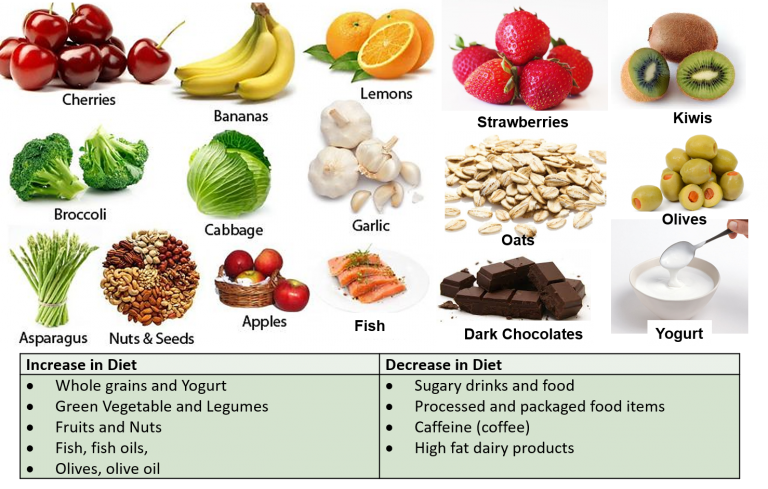A healthy diet plan for mental wellness is more than just a way to stay fit—it is the foundation for sharp thinking, balanced emotions, and steady energy. The brain thrives on nutrients from whole foods like leafy greens, omega-3 fatty acids, antioxidant-rich fruits, and lean proteins. These foods help create neurotransmitters, regulate mood, and protect against oxidative stress. By following a structured eating plan, you give your brain consistent fuel for focus and memory. This guide explains which foods to include, how to structure meals, and daily tips for achieving peak mental performance through nutrition.

The Role of Nutrition in Mental Health
The link between diet and mood is powerful. Nutrients from whole grains, fresh vegetables, and healthy fats help regulate brain chemicals like serotonin and dopamine. Deficiencies in vitamins such as B-complex and Vitamin D can lead to fatigue, anxiety, and poor concentration. A healthy diet plan for mental wellness focuses on steady blood sugar levels, hydration, and diverse nutrient intake. Avoiding processed sugars and excessive caffeine reduces mental crashes and irritability. When the brain gets the right fuel, mental clarity improves, stress tolerance rises, and emotional stability becomes easier to maintain throughout the day.
Key Foods for Mental Clarity
A strong healthy diet plan for mental wellness includes nutrient-rich staples that feed the brain:
- Fatty fish like salmon for omega-3 fatty acids to support memory and learning.
- Leafy greens like spinach and kale for magnesium and folate, improving mood stability.
- Berries loaded with antioxidants to fight oxidative stress and improve focus.
- Nuts and seeds for healthy fats and zinc, supporting nerve communication.
- Eggs for choline, which helps create memory-boosting neurotransmitters.
These foods not only enhance concentration but also protect brain cells from long-term decline. Eating a variety of these options daily ensures balanced nutrient intake for optimal mental health.

Structuring Your Daily Meals
A healthy diet plan for mental wellness works best with balanced meal timing. Start your day with a protein-rich breakfast, like eggs with avocado and whole grain toast, to keep energy stable. Lunch should combine lean proteins, vegetables, and complex carbs for sustained focus—think grilled chicken with quinoa and greens. Dinner can include lighter proteins, steamed vegetables, and healthy fats to support overnight brain recovery. Healthy snacks like almonds, yogurt, or fresh fruit between meals prevent mental fatigue. Staying hydrated with water or herbal teas throughout the day is equally important for brain function.
Lifestyle Habits That Enhance Results
Even the best healthy diet plan for mental wellness needs supportive habits to work effectively. Regular physical activity increases blood flow to the brain, enhancing nutrient delivery. Mindful eating—chewing slowly and avoiding screens—improves digestion and nutrient absorption. Prioritizing quality sleep helps the brain process memories and restore energy. Limiting alcohol and processed foods prevents nutrient depletion. Consistent meal times train your body to regulate blood sugar and hormone levels more effectively. Pairing these habits with nutrient-dense meals creates a powerful foundation for lasting mental health and focus.
Conclusion
A healthy diet plan for mental wellness fuels your brain with the nutrients it needs to perform at its peak. Including foods rich in omega-3 fatty acids, antioxidants, B vitamins, and magnesium supports mood balance, focus, and memory. Structured meals, mindful eating, and supportive lifestyle habits amplify these benefits. By making intentional food choices every day, you give your mind the clarity, energy, and resilience it needs to thrive—no matter how busy or stressful life becomes.
